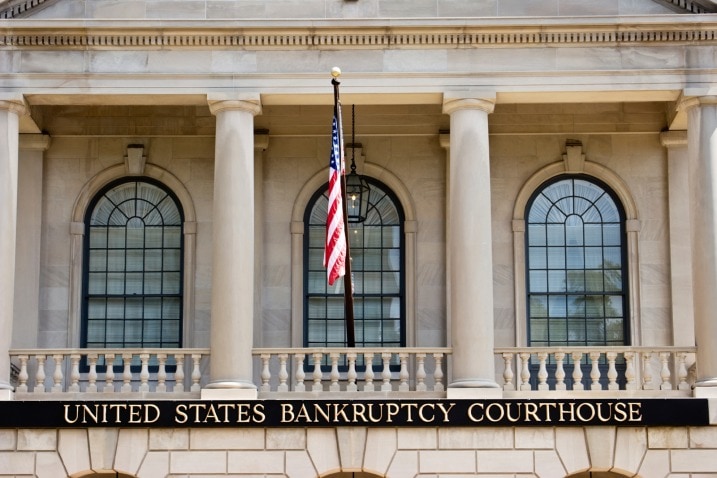The longer you've been out of bankruptcy, and the more you've been able to put your financial house in order, the better chance you have of landing a decent interest rate, Mark says. "There's more time to heal some of the wounds, not just with time but with good behavior" in paying other debt.
Because your vehicle serves as collateral for the loan, "a car loan might be one of the best credit builders post-bankruptcy," Mark says.
What Lenders Expect
Maniaci says if you're applying for an auto loan, lenders focus on your history of making car payments and mortgage payments. Your track record for paying on your current vehicle carries the most weight. Lenders' focus on mortgage payments has slipped a bit in recent years, given the foreclosure crisis and the fact that so many houses are underwater.
Lenders will look at whether you've missed a payment or two on your current car loan and are now back on track, and if an uncontrollable incident, such as a job loss, impacted your finances, he says. They'll also consider your income and monthly expenses. If making the monthly payment is considered a financial stretch, they'll want you to put more money down on the vehicle, minimizing their risk if they ultimately have to repossess it.
If you're an existing credit union member and you've been reliable making payments in the past, there's a good shot the credit union will give you a second chance, Maniaci adds.
While it may take time and effort to find a credit union or bank that will lend to you, "just because you have a blemish on your credit report doesn't mean you can't get credit somewhere," Kukla says.

